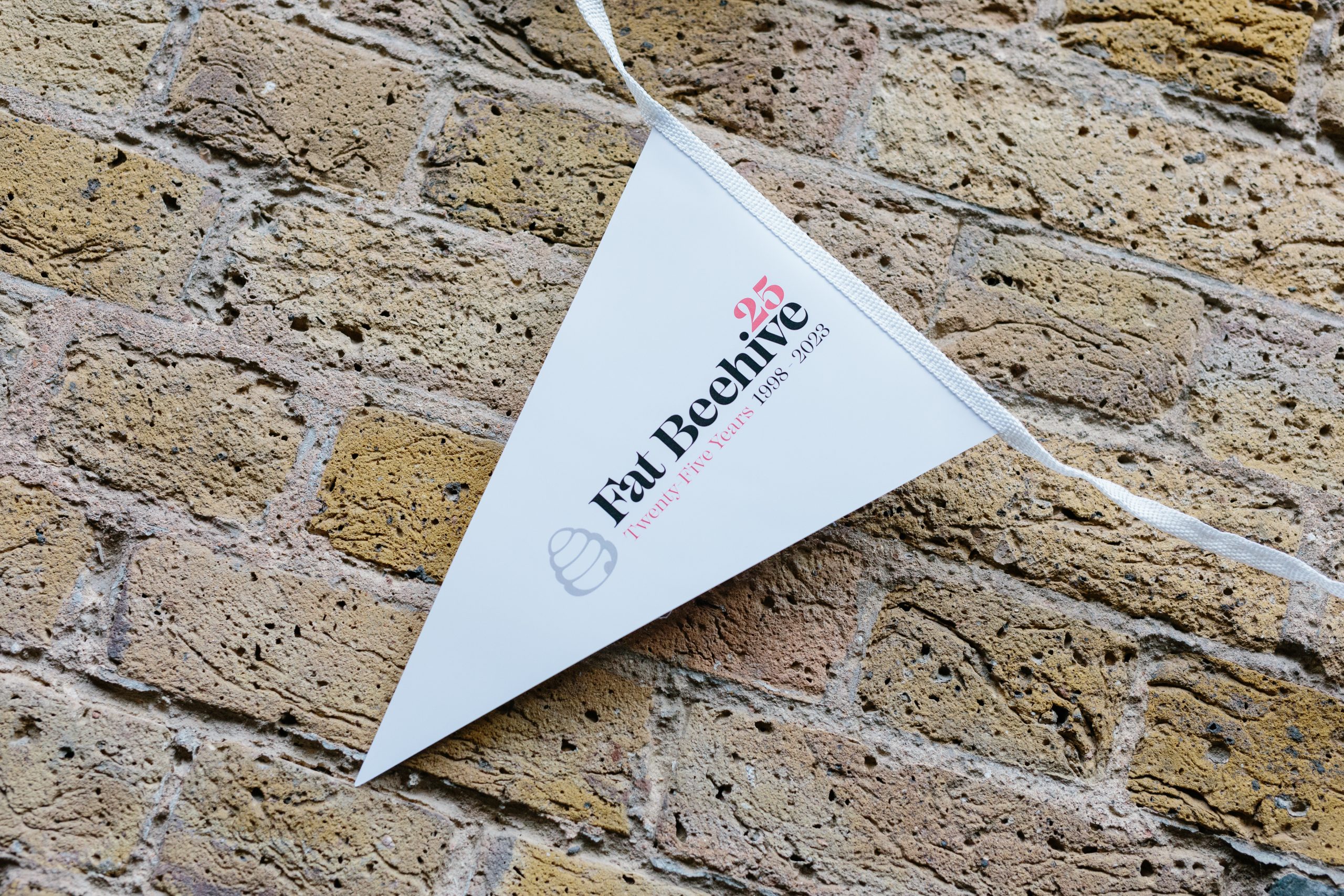As part of Fat Beehive’s support of organisations making a difference, we’re inviting contributions to our blog – helping reach even more people and encouraging action. The first is from Paul Hetherington, who’s the Director of Fundraising and Communications at Buglife – the only organisation in Europe devoted to the conservation of all invertebrates. From our namesake bees to extraordinary beetles, these vital minibeasts are under threat. Here’s how you can help.
The UK’s insect pollinators are in a critical state: the State of Nature report shows that around two-thirds of all invertebrate species are in severe decline. Buglife’s innovative B-Lines project is seeking to reverse this trend, by allowing the unsung heroes of the natural world to move freely through areas humans now dominate.
Shrinking natural world
You don’t need to sift through the statistics of species decline to know that populations are dwindling: just drive across the country and compare the bug splats on your windscreen with those you remember from 20 years ago. Populations of half of our 27 bumblebee species, half of our solitary bee species, two-thirds of our moths and seventy per cent of our butterflies are declining. These insects are vitally important, as they pollinate one in three mouthfuls that we eat and eight out of ten wildflowers.
Compare the bug splats on your windscreen with those you remember from 20 years ago.
Loss and fragmentation of habitat caused by transport infrastructure, construction and modern farming processes is a major cause of invertebrate decline. Imagine trying to travel around Britain without any transport network. Much of our wildlife is confined to tiny fragments of habitat, unable to move across the countryside. It is predicted that 40-70% of species could become extinct if action is not taken to enable species to move through the landscape.
The impact of climate breakdown
Our weather patterns are changing with progressively warmer wetter winters and drier springs. For many invertebrates, this is catastrophic, as it becomes too warm to hibernate, but normal food sources are out of season. Dampness encourages the growth of moulds and other deadly afflictions for invertebrates. There are some beneficiaries; slugs and snails are remaining active for much of the year, eating, growing and breeding leading to a population explosion.
Non-native invasive species out competing, eating or infecting our native invertebrates has increasingly become an issue. The global movement of plants and other goods has seen a massive influx of non-native species into the UK some of these are highly invasive and damaging to our native fauna and flora; we have a £1 billion trade deficit for plants in pots.
What we’re doing about it
 Buglife’s B-Lines are a series of ‘insect pathways’ running through our countryside and towns, along which we are restoring and creating a series of wildflower-rich habitat stepping stones. They link existing wildlife areas together, creating a network that will weave across the British landscape. B-Lines won the prestigious 2016 European Landowners Association’s Bee Award recognising the work B-Lines has done to encourage land managers to make changes to provide habitats for pollinators.
Buglife’s B-Lines are a series of ‘insect pathways’ running through our countryside and towns, along which we are restoring and creating a series of wildflower-rich habitat stepping stones. They link existing wildlife areas together, creating a network that will weave across the British landscape. B-Lines won the prestigious 2016 European Landowners Association’s Bee Award recognising the work B-Lines has done to encourage land managers to make changes to provide habitats for pollinators.
Buglife is the only European organisation devoted to the conservation of all invertebrates. Invertebrates are vitally important to a healthy planet; the food we eat, the fish we catch, the birds we see, the flowers we smell and the hum of life we hear, simply would not exist without bugs. Invertebrates underpin life on earth, without them the world’s ecosystems would collapse.
What you can do
Help make a difference for the small things that run the planet by becoming a member of Buglife today.
There’s also top tips for wildlife gardening and more on the Buglife site.
– If you’d like to shout about a cause close to your heart on our blog, do drop George a line.

